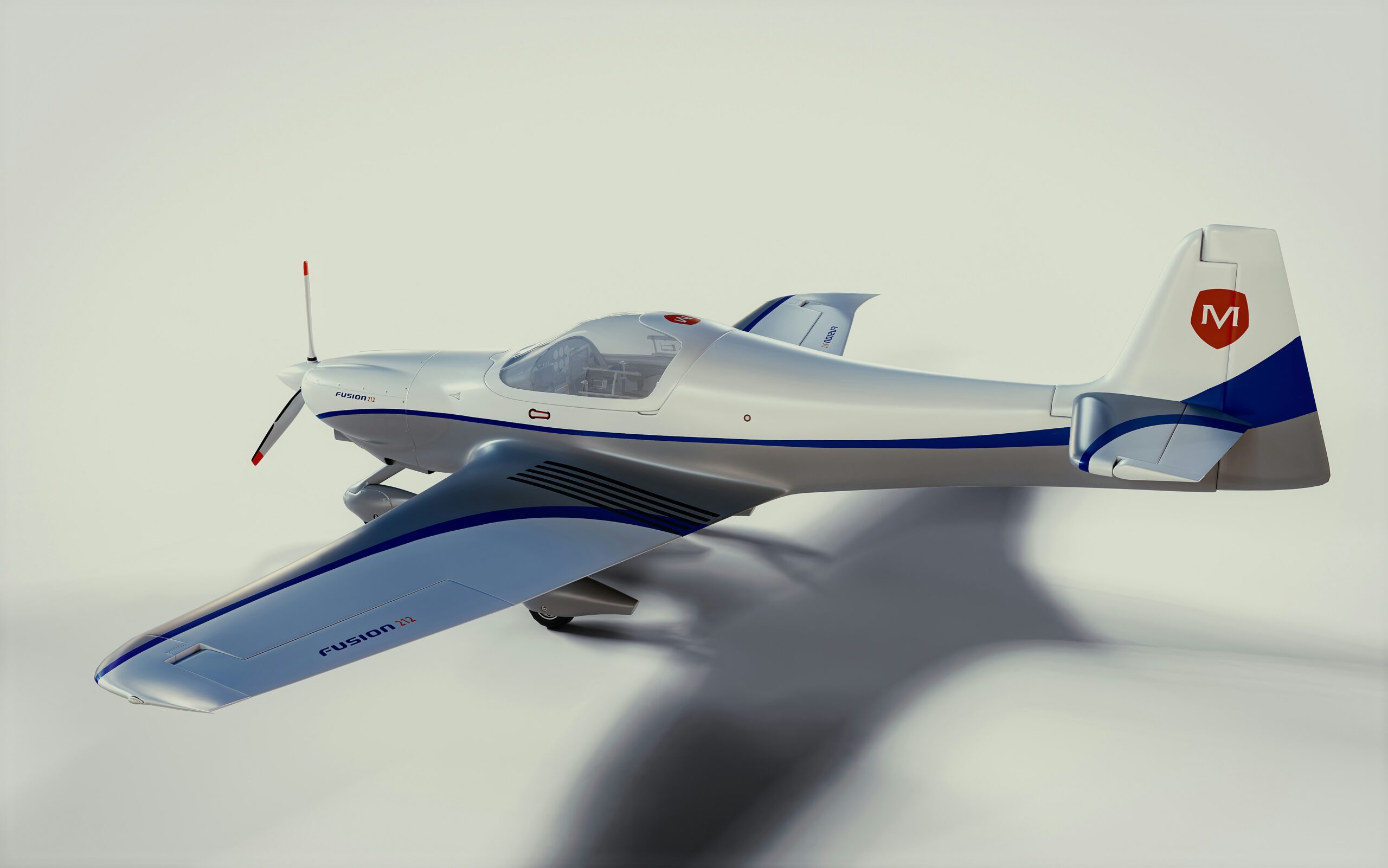
The aviation industry captures the imagination of people around the world. It is more than planes flying across continents. It is a system that links people, trade, and cultures. Building a future in aviation means entering a field where technology, safety, and human skill work together. It also means preparing for challenges while seizing opportunities that continue to evolve.
Understanding the Industry
The aviation industry covers airlines, airports, aircraft manufacturers, regulators, and service providers. It does not stand still. Every year, airlines adjust to passenger demand, fuel costs, and international rules. Technology changes the way flights are managed, from booking systems to cockpit equipment.
When you think of aviation, imagine a living network. A pilot depends on the ground crew. Maintenance engineers rely on suppliers. Cabin staff depend on training and safety protocols. This ecosystem ensures the safety and efficiency of millions of flights every year.
Education as a Starting Point
A future in aviation often begins with education. Some roles, such as pilots or air traffic controllers, require specialized training. Universities and training schools worldwide offer programs in aviation management, aeronautical engineering, and air transport.
Education in this field goes beyond technical knowledge. Students learn about safety, communication, and teamwork. A pilot may master flying, but they also need decision-making skills under pressure. An engineer may excel at design, but they also need creativity to solve unexpected challenges.
Skills That Shape Careers
Aviation skills extend far beyond technical abilities. Clear communication is vital. Misunderstandings can cause delays or compromise safety. Effective teamwork ensures that different departments work together as one.
Adaptability is another essential skill. Weather changes, technical issues, or passenger needs can shift the course of a day. Professionals who remain calm and flexible earn respect and trust. Leadership also plays a role. Whether guiding a crew or managing an airport team, leaders set the tone for safety and service.
Pathways Into the Field
There are many ways to enter aviation. Pilots often start with private licenses before advancing to commercial levels. Engineers may study aerospace or mechanical engineering before joining aircraft manufacturers. Cabin crew may begin with customer service training and progress into supervisory roles.
Air traffic control is another pathway. It requires sharp focus, quick decision-making, and the ability to handle pressure. Aviation management attracts those who want to lead operations. This may include managing routes, schedules, and airport logistics.
Growth and Technology
Technology shapes the future of aviation. Modern aircraft consume less fuel and reduce emissions. Airports invest in biometric boarding, reducing wait times. Artificial intelligence supports predictive maintenance, ensuring aircraft remain safe and efficient.
The demand for sustainable aviation grows every year. This opens new career areas, such as green fuel development, carbon management, and eco-friendly design. The ability to adapt to these changes will define successful professionals in the next decades.
Global Opportunities
Borders do not bind aviation. Pilots can fly for airlines across continents. Engineers may work for international aircraft manufacturers. Cabin crew experience different cultures daily. Managers find roles in global airports that serve as hubs for trade and tourism.
This global nature means professionals often learn to adapt to cultural differences. They gain skills that extend beyond aviation. They become problem solvers and communicators who thrive in diverse environments.
Challenges and Resilience
The industry also faces challenges. Economic downturns, pandemics, and geopolitical events can disrupt travel. Aviation professionals learn resilience. They understand that setbacks do not mean the end of a career. They adapt, retrain, and continue to grow.
Safety is another challenge. Every role in aviation connects to passenger trust. A mistake in one area can ripple across the system. Professionals build futures by respecting safety rules and taking responsibility for their work.
Building Experience
Experience is a key part of growth. Many professionals begin with entry-level jobs. Ground staff may later move into management. Cabin crew may progress into training or operations. Engineers may lead design projects after years of practice.
Internships, apprenticeships, and part-time roles in airports provide valuable exposure. They help build networks and practical knowledge. They also show employers that candidates are committed to the industry.
Personal Qualities That Matter
Beyond skills and education, personal qualities matter. Passion fuels long-term success. Curiosity drives learning about new aircraft and systems. Discipline ensures that tasks are completed safely and on time.
Patience also plays a role. Careers in aviation often take years of training and experience. Those who stay dedicated discover rewarding paths.
The Human Side of Aviation
At its heart, aviation is about people. Pilots carry lives across oceans—cabin crew comfort passengers in stressful situations. Engineers design with safety in mind. Managers keep operations running so travelers can connect with family, work, or embark on an adventure.
Building a future in aviation means serving people. Every professional contributes to experiences that shape lives and memories.
Looking Ahead
The future of aviation is bright. Travel demand will rise as economies grow. Technology will create safer, greener, and faster ways to travel by air. Careers will expand beyond traditional roles to include sustainability, robotics, and space travel.
Those who begin today with strong foundations will find opportunities tomorrow. The aviation industry welcomes those ready to learn, adapt, and lead.